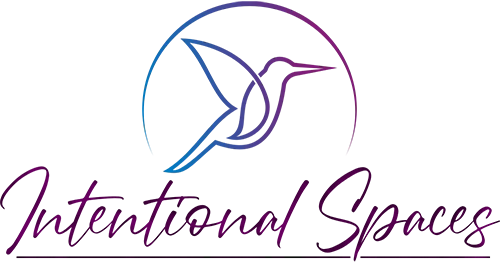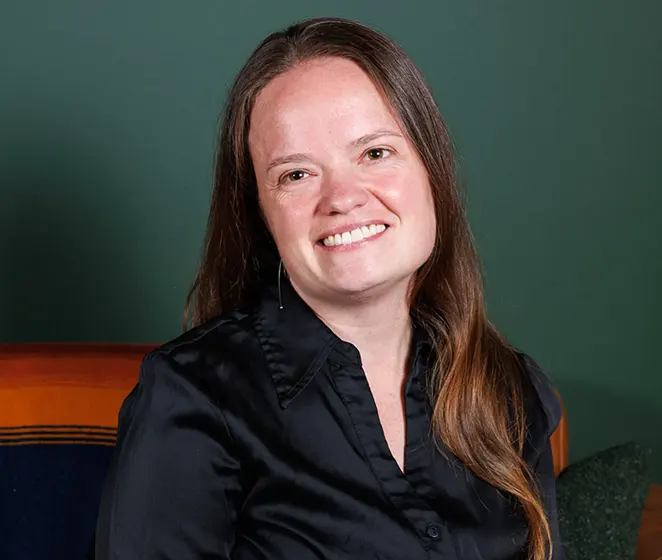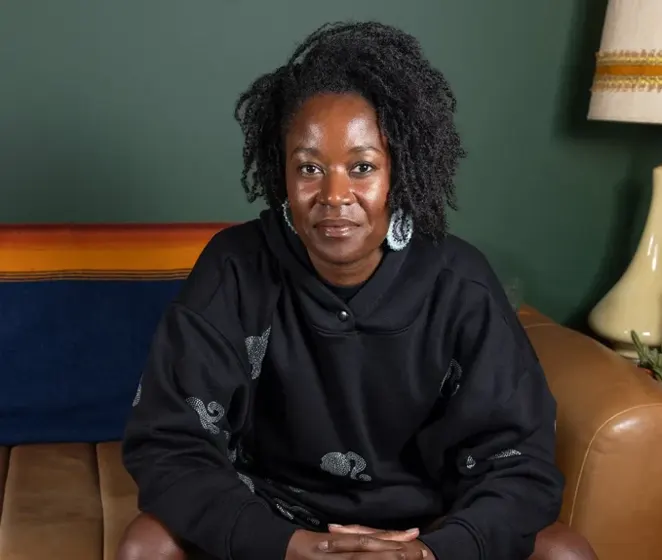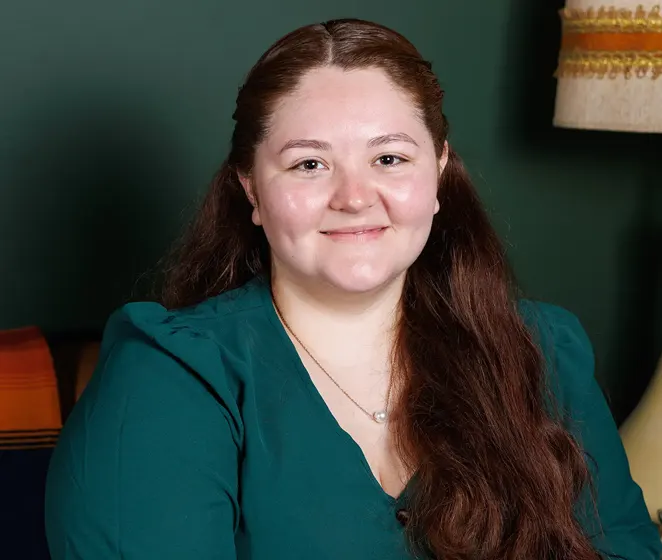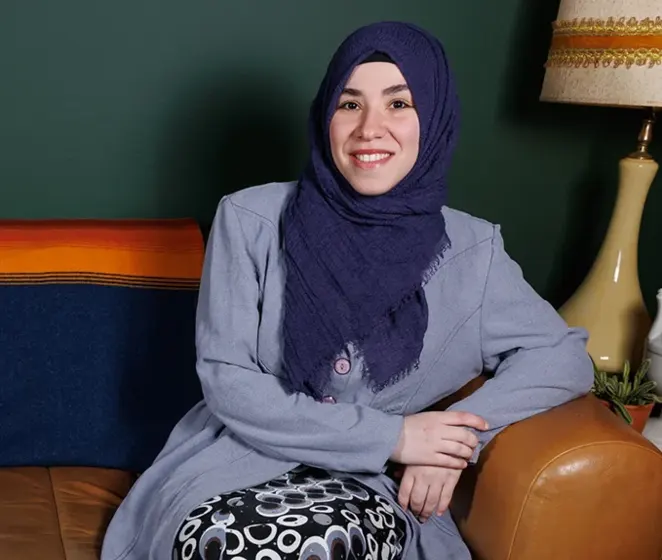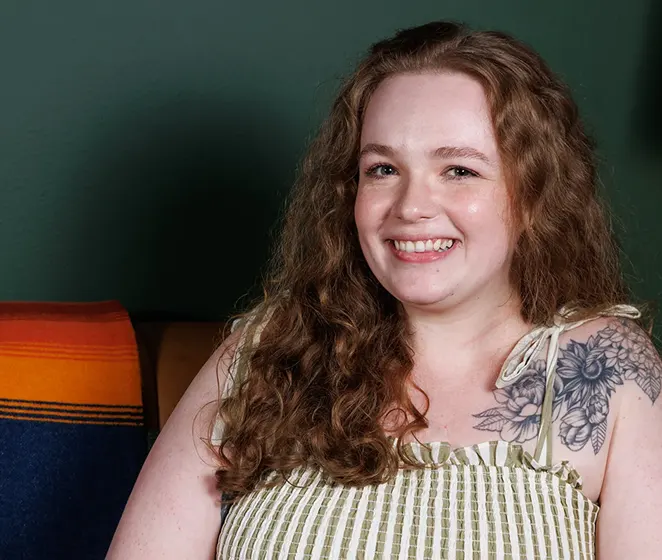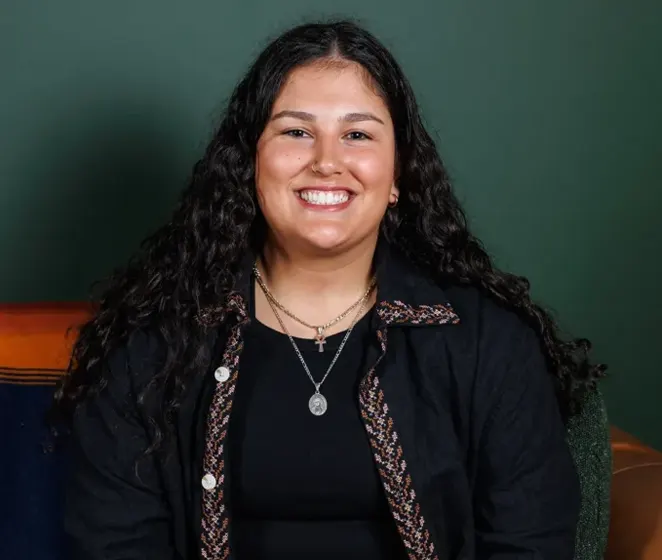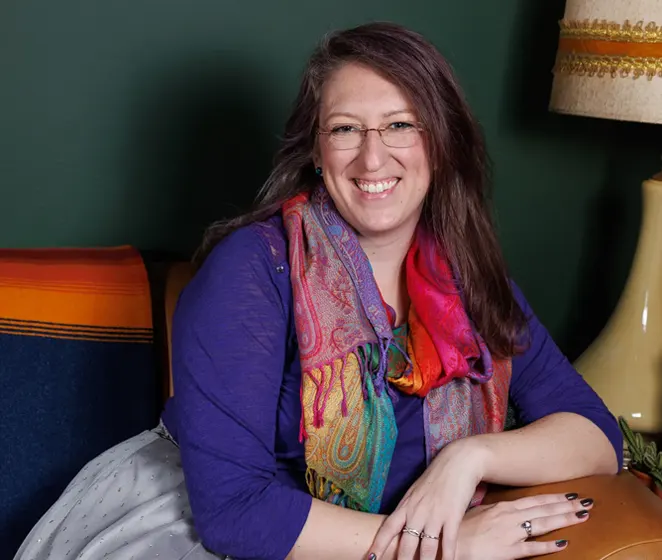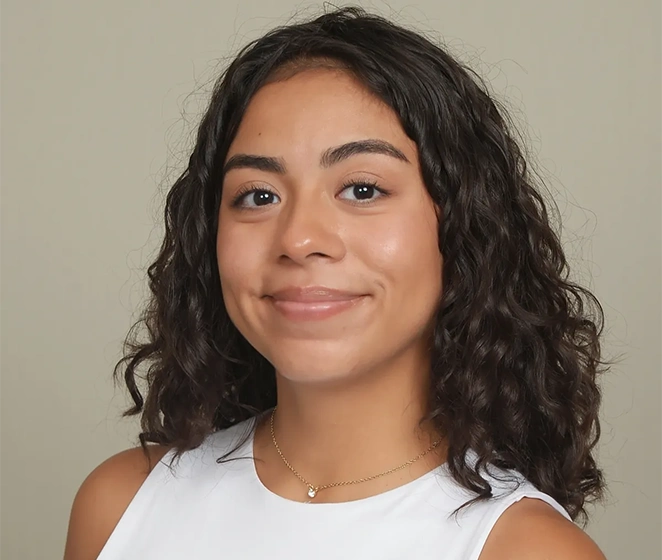
Liz Frost is the Owner and Founder of Intentional Spaces Psychotherapy, a trauma-informed telehealth practice based in Washington State. She specializes in helping clients heal from complex trauma, religious harm, and identity-related struggles. With over a decade of clinical experience, Liz integrates EMDR, narrative therapy, and mindfulness-based approaches. She is dedicated to serving the LGBTQIA+ community and fostering a supportive, inclusive practice for both clients and clinicians.
Here’s a glimpse of what you’ll learn:
- [1:19] Liz Frost explains what trauma really is and how its effects show up internally rather than from the event itself
- [2:25] How healing from trauma is an ongoing practice and not a return to who you were before
- [12:47] Why high-functioning adults often mask trauma as anxiety and achievement
- [15:02] How religious trauma creates shame, disconnects people from self-trust, and pressures quick forgiveness
- [20:46] The process of identity reclamation and how to rebuild a life that reflects who you truly want to be
In this episode…
What does it really take to heal after deep trauma and reclaim the parts of yourself that feel lost? Is it possible to move forward without erasing the pain or becoming someone entirely new? How can you find freedom and autonomy when old wounds still shape your daily life?
According to Liz Frost, a licensed therapist and trauma healing specialist, true recovery is not about going back to who you were before but about repurposing who you are now. She highlights that trauma lives inside the body and that healing is a daily practice of listening to it rather than conquering it. By embracing grief alongside hope and honoring the body’s signals, she says people can rebuild trust in themselves and rediscover buried aspects of their identity. This process of reclamation allows survivors to move forward with strength and self-trust even while carrying the lessons of their past.
In this episode of With Intention, Liz Frost, Owner and Founder of Intentional Spaces Psychotherapy, is interviewed by Chad Franzen of Rise25 Media, to talk about reclaiming autonomy and finding freedom after trauma. She explains why healing is an ongoing practice, how religious trauma disrupts self-trust, and the importance of identity reclamation. Liz also shares how high-functioning individuals can recognize hidden effects of trauma.
Resources Mentioned in this episode:
Quotable Moments:
- “We’re never going to get to be the same person. That’s not the person that we’re aiming for.”
- “Your body went through the trauma with you, so you have to treat it as a participant.”
- “We can’t move towards healing unless we grieve where we’re not going.”
- “Dialectic is the name of the game here. Holding two things that seem to be opposing in the same hand.”
- “Everything has changed, and yet I am more myself than I have ever been.”
Action Steps:
- Practice daily self-attunement: Regularly check in with your body and emotions to build trust and support trauma healing.
- Grieve what cannot be regained: Acknowledging losses and unmet expectations creates space for authentic growth and emotional resilience.
- Reclaim buried passions: Returning to activities once loved helps restore identity and fosters a renewed sense of self.
- Create consistent safe spaces: Establishing environments and relationships where you feel secure signals to your nervous system that it can relax.
- Honor both hope and grief: Embracing life’s mixed emotions strengthens your ability to face future challenges with balance and confidence.
Sponsor for this episode
This episode is brought to you by Intentional Spaces Psychotherapy.
Founded by Liz Frost, LICSW, Intentional Spaces offers inclusive, trauma-informed virtual care across Washington State, helping individuals, couples, and families navigate life’s complexities.
Whether you’re processing religious trauma, exploring your identity, or seeking support for anxiety or depression, their diverse team of therapists specializes in EMDR, CBT, DBT, and narrative therapy, ensuring personalized support for every client.
Ready to embark on your healing journey? Go to intentionalspaces/contact, and take the first step toward a more intentional life.
